Executive Education plays supporting role as arts leaders confront COVID-19 crisis
January 8, 2021
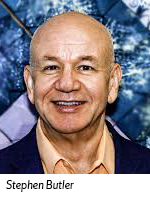 When the
novel coronavirus pandemic spurred shutdowns in mid-March, Executive Education alumnus
Stephen Butler ’04 MA (PA), quickly organized a call with stakeholders in
Central New York’s arts community. A priority was developing a survey to quantify
the anticipated financial losses the health crisis would cause the arts and
entertainment industry in Central New York.
When the
novel coronavirus pandemic spurred shutdowns in mid-March, Executive Education alumnus
Stephen Butler ’04 MA (PA), quickly organized a call with stakeholders in
Central New York’s arts community. A priority was developing a survey to quantify
the anticipated financial losses the health crisis would cause the arts and
entertainment industry in Central New York.
“For arts organizations, the shutdowns immediately meant lost income because their business model is meant to bring people together,” said Butler, who has led CNY Arts for 12 years. “What that’s meant is huge losses of income and difficulty reopening and performing.”
A spring survey commissioned by CNY Arts found that artists and arts agencies estimated $15 million losses between March and fall 2020. More than 265 artists and representatives of arts organizations responded; of them, 75% said the pandemic severely impacted their livelihoods or organizations.
The survey results provided data for CNY Arts to launch the CNY Arts COVID-19 Impact Fund, which has raised nearly $500,000 toward its $1 million goal.
“The role of the arts council in a crisis is to try to find ways to keep the industry connected and get resources to help as many as possible,” said Butler, a veteran of the arts world and a Maxwell ambassador.
The survey “tells the story” about the pandemic’s impact on the arts, he said, adding, “It’s been devastating.”
Insights from Maxwell’s public administration program complement Butler’s arts expertise and guide his day-to-day leadership and were especially helpful as his agency responded to a complex and far-reaching crisis. The survey, he noted, reflects how data can assess conditions and guide solutions.
Butler said he also drew from Maxwell and Executive Education’s emphasis on networking, leadership, budgeting and public policy.
 Alexander
Korman, film fund program director for CNY Arts, started Maxwell’s Executive MPA
program in January 2020. He sees the many ways the arts community intersects
with government budgets and polices, and community well-being.
Alexander
Korman, film fund program director for CNY Arts, started Maxwell’s Executive MPA
program in January 2020. He sees the many ways the arts community intersects
with government budgets and polices, and community well-being.
“The arts are a unifying experience,” he said. “It’s so vital to the welfare of the community. It provides economic and social impetus.”
Collaboration comes easily to people working in theater and film production, Korman said. That spirit will go a long way as the arts community finds its way through this crisis. Korman is eager to learn how collaboration fits into public policy as well.
Butler and Korman praised the creativity and energy many arts agencies have displayed in adapting performances, shows and fundraisers to social media and livestreaming.
While music and theater fans likely miss what Butler calls “the zest” of live performance, he sees a silver lining amid the challenges. “Experiencing arts online has eradicated barriers,” he said. “More people are accessing the arts.”
01/08/21
Related News
School News
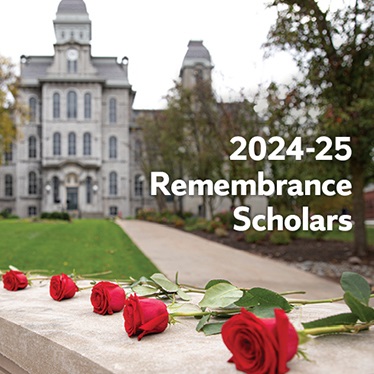
Apr 18, 2024
School News
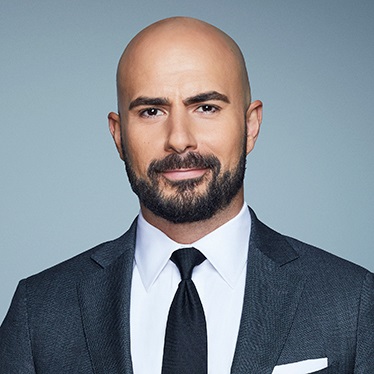
Apr 18, 2024
School News
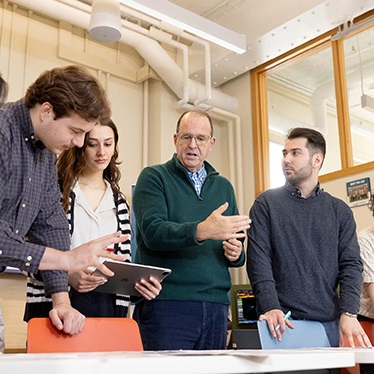
Apr 17, 2024
School News
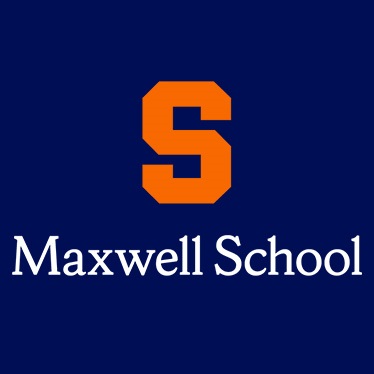
Apr 16, 2024